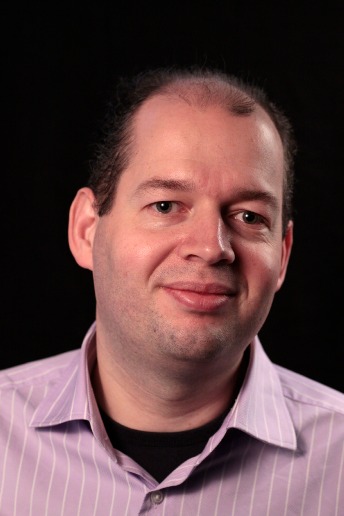David Lentink partners international research project on animal navigation

Prof. David Lentink is a partner in the NaviSense project awarded 54.7 million euros by the German government to research the mechanisms animals use to navigate and how these mechanisms can inspire technology. Lentink will work with engineering and biological colleagues at the University of Oldenburg to develop flying robots that can navigate autonomously.
Lentink's research concerns one of the four focus areas of the project. PhD students yet to be recruited will contribute to this at the University of Groningen.
Thorough understanding of animal navigation
The goal of NaviSense is to create a thorough, interdisciplinary understanding of the senses and mechanisms used by animals to navigate how these mechanisms can inspire technology and affect society, ecology and biodiversity. The project brings together internationally leading scientists from different branches of biology, physics, chemistry, computer science and social sciences.
Solving societal questions
The knowledge gained on animal navigation and the underlying sensory mechanisms can help solve important societal questions, for example on the environmental impact of anthropogenic sensory pollution, the biodiversity crisis, GPS-independent navigation of man-made devices and quantum sensing at ambient temperature.
Cluster of Excellence funding
The grant has been awarded to the University of Oldenburg for a period of seven years. This concerns a Cluster of Excellence funding from the De Deutsche Forschungsgemeinschaft (DFG, German Research Foundation).
More on the research
More news
-
17 February 2026
The long search for new physics
-
10 February 2026
Why only a small number of planets are suitable for life
